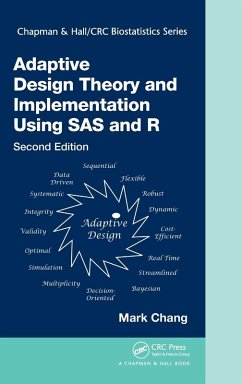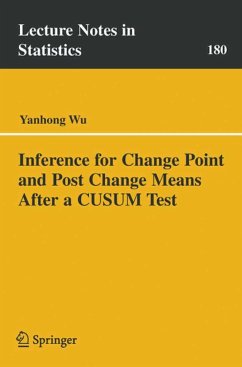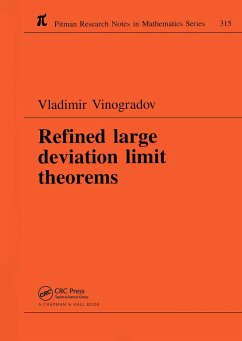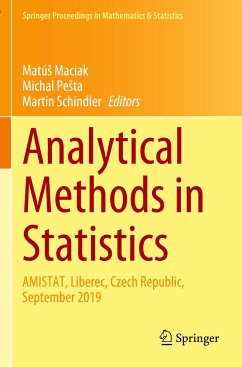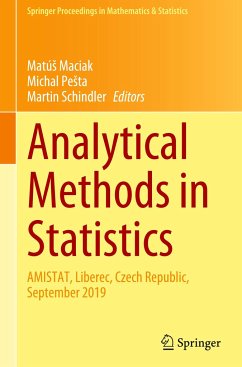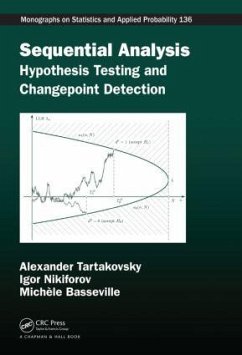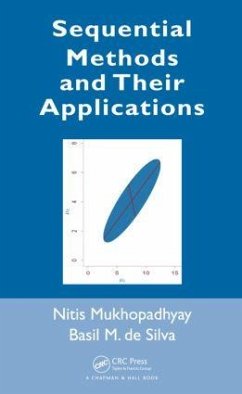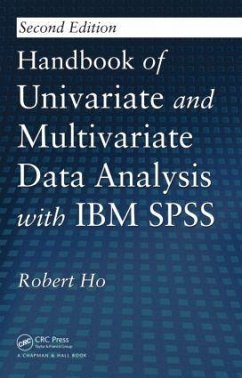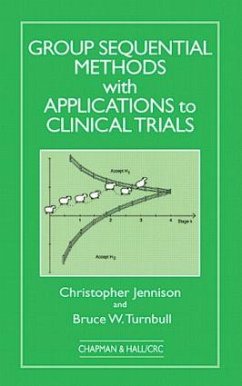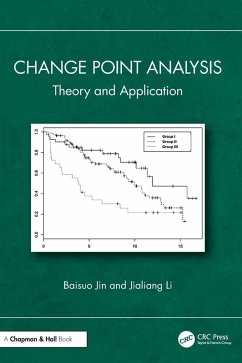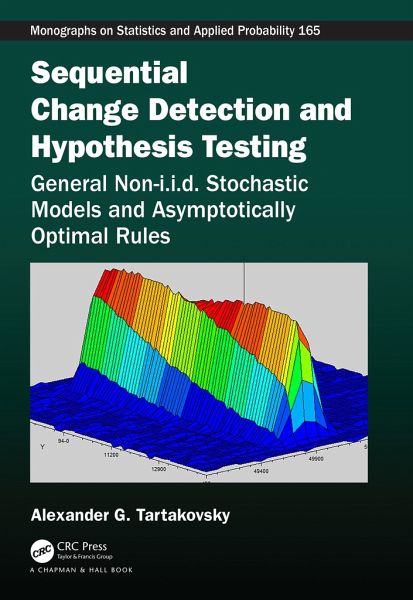
Sequential Change Detection and Hypothesis Testing
General Non-i.i.d. Stochastic Models and Asymptotically Optimal Rules
Versandkostenfrei!
Versandfertig in 1-2 Wochen
188,99 €
inkl. MwSt.
Weitere Ausgaben:

PAYBACK Punkte
94 °P sammeln!
Statistical methods for sequential hypothesis testing and changepoint detection have applications across many fields. This book presents an overview of methodology in these related areas, providing a synthesis of research from the last few decades.




